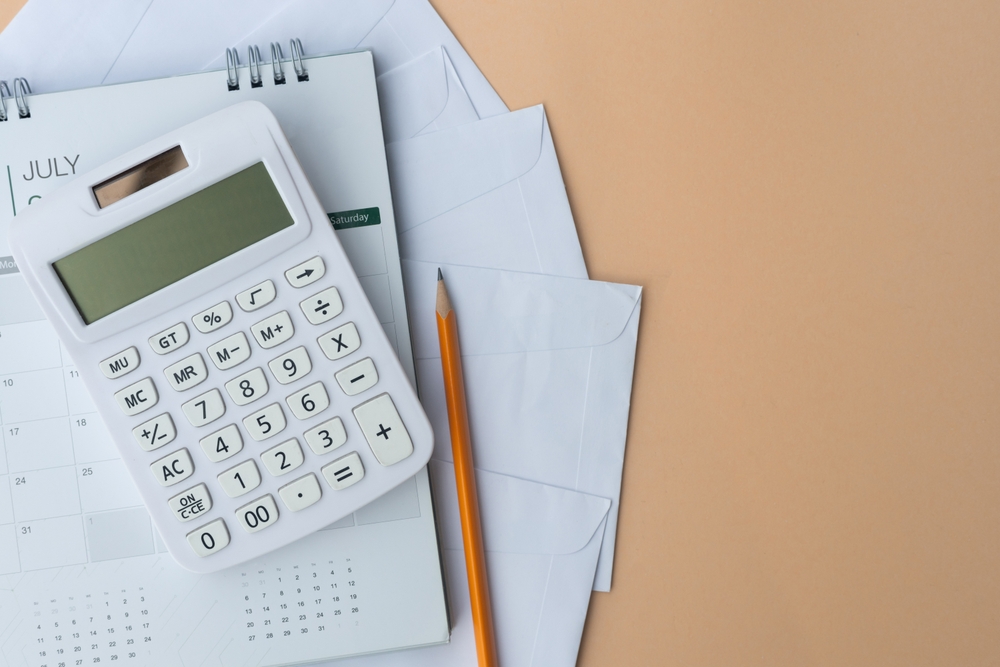Key Points
- If I go bankrupt, what happens to my stuff?
- What are bankruptcy exemptions?
- What can you keep if you go bankrupt?
- What items can’t I keep?
- Can I fight to keep an item?
- Can I keep items if I share them with someone else?
- Can I give away items so they can’t be sold?
- Help is at hand
If I go bankrupt, what happens to my stuff?
Declaring bankruptcy is the end of the line for most people who find themselves unable to pay their debts and have a barrage of angry creditors hot on their trail.
If your struggling financial situation has reached a point of no return, you may find yourself with no other option than to go bankrupt. If you have unfortunately reached this stage, our licenced trustees can help you start the bankruptcy process.
However, it’s not all doom and gloom. Bankruptcy can help individuals free themselves of debt and bankruptcy does not mean that you lose everything.
There are a number of items that are either exempt or protected from sale, meaning that you can keep these items (unless you are advised to replace them with a cheaper alternative).
What are bankruptcy exemptions?
Bankruptcy exemptions allow you to keep certain assets when you go through bankruptcy, such as a cheaper car and retirement account.
An item that is exempt cannot be taken and sold to pay off creditors. Exemptions often protect specific property types i.e. furniture.
When we think of bankruptcy, we imagine that we have to give up the clothes on our back and everything we have ever worked for but this is not actually the case.
Bankruptcy can give individuals a new, debt-free start and exemptions determine what property is yours to keep.
You can find out more information about bankruptcy here.
Read our guide – Can I keep my house and car if I go bankrupt?
What can you keep if you go bankrupt?
Most household items will not be sold and there are a number of things that you should be able to keep in the event of bankruptcy:
- Business equipment/tools
- Clothes
- Bedding
- Furniture
- Household appliances e.g. cooker
- Certain jewellery
- Pets (yes, you can keep your pets!)
Unless you have a diamond necklace and an award winning show horse, you are unlikely to lose your beloved furry friends and jewellery unless they are significantly high in monetary value.
What items can’t I keep?
Items that are considered to be unnecessary luxuries and are not essential to your business or vocation can be sold, such as:
- antiques
- expensive jewellery
- caravans
- gaming consoles or equipment used for leisure
Can I fight to keep an item?
Your licensed trustee should have your best interests at heart and do their best to protect your assets rather than sell everything off. However, their job is to get you out of debt and they will use their judgement to determine which items to sell.
If you believe that an item you own has been incorrectly valued or you cannot allow it to be sold, you are able to challenge the decision of the trustee but you must apply to court.
Before taking the court route, try and talk to your trustee and see if an agreement can be reached first.
Can I keep items if I share them with someone else?
If you own property with another person, then these items can be sold. If you have joint property, your trustee will:
- approach the other owner and try to come to an agreement of value for your share
- offer the owner an opportunity to buy out your share
- if the owner doesn’t agree on the value, then an application to the court for selling of the property will be made.
Can I give away items so they can’t be sold?
As tempting as it might be to try to either sneak items away from sight or give them to friends and family in a bid to stop them from being sold, this is actually a criminal offence.
If you try to do this, you could be fined or sent to jail – so don’t try it!
Help is at hand
Declaring bankruptcy can be devastating and if you’re currently going through it, Harris and Partners can offer a supportive hand. We specialise in debt relief and helping people overcome their debt problems. For more information about our services, please get in touch.
Choose one of the leading debt management companies in Canada.










